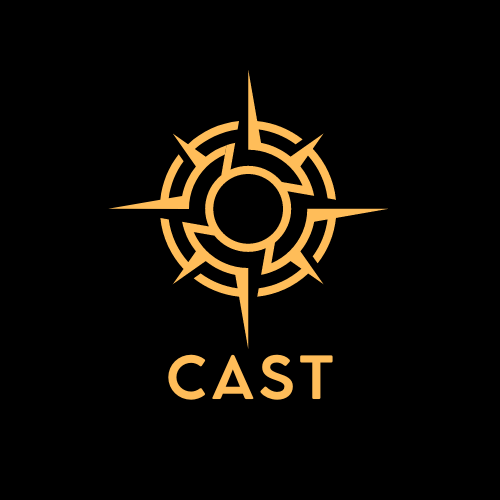Clinical Trial Prediction Challenge
Join the global challenge to predict clinical trial outcomes
With a staggering 90% failure rate in oncology trials, the need for innovation has never been greater.
While AI is transforming many fields, its potential to radically improve clinical trial outcomes is still untapped.
As former participants in CASP (worldwide experiment for protein structure prediction), we know that without proper benchmarking, providing real-life actionable feedback—it is nearly impossible for innovators to navigate technology development.
That’s why we’re launching CAST—Critical ASsessment of techniques for Trial outcome prediction. Just as CASP paved the way for AlphaFold, we believe CAST will spark the breakthrough that will redefine how clinical trials are conducted.
Our bold goal? A 90% success rate in oncology clinical trials.
If you’re ready for the challenge, submit your prediction and join us in reshaping the future of clinical trials.
While AI is transforming many fields, its potential to radically improve clinical trial outcomes is still untapped.
As former participants in CASP (worldwide experiment for protein structure prediction), we know that without proper benchmarking, providing real-life actionable feedback—it is nearly impossible for innovators to navigate technology development.
That’s why we’re launching CAST—Critical ASsessment of techniques for Trial outcome prediction. Just as CASP paved the way for AlphaFold, we believe CAST will spark the breakthrough that will redefine how clinical trials are conducted.
Our bold goal? A 90% success rate in oncology clinical trials.
If you’re ready for the challenge, submit your prediction and join us in reshaping the future of clinical trials.
FACTS
90%
$50B
13Y
Clinical trial failure
Spent annually on failed oncology trials
Average drug discovery and development time

Based on clinical trial design, participants are to develop models that predict trial outcomes. This edition focuses on clinical efficacy: predict the percentage of patients meeting primary and secondary endpoints, along with a list of response and resistance biomarkers. Don’t worry—there’s no need to reveal your proprietary methods or "secret sauce."
What is the Competition?
How It Works
Richard Feynman once said, "You can't foresee outcomes unless you fully understand how the system works." CAST challenges companies, startups, academics, and innovators to develop technology that accurately predicts the efficacy in phase 2 oncology trials. Expected byproduct—a deeper understanding of how the system (cancer) works.
Inspired by CASP COMPETITION
The Data Behind the Challenge
The CASP challenge centers on protein structure prediction, while the CAST competition focuses on forecasting clinical trial outcomes. Just as CASP has driven progress in computational structural biology, CAST aims to ignite the same level of innovation in improving clinical response rates and advancing the future of medicine.
Participants will assess real, ongoing phase 2 clinical trial data, including treatment specifics and drug targets. You'll analyze patient cohorts and predict which groups will respond to the treatment—and why.
Competition Overview
HOW IT WORKS
The straightforward submission process.
01
02
There is no registration needed. You can upload your predictions by clicking the Submit Now! button and filling out a short questionnaire. Submissions should include predicted response rates, key biomarkers, and reasoning behind your predictions.
Data Access
Submission Process
You will have direct access to a list of ongoing phase 2 clinical trials. Each trial will have a summary, including treatment specifics and drug targets. Simply click on the trial to get more detailed information and begin analyzing.
Evaluation
Timeline
Submissions will be evaluated based on the accuracy of predictions compared to the actual published trial outcomes. How close were your predictions to the real results? Your model’s accuracy and insights into biomarkers will be key factors. No details about your approach are required. Only the top three performing teams will be named and invited to present their approach.
March 15th, 2025: Trials selected for the competition
June 30th, 2025: Predictions must be submitted
October 15th, 2025: Results will be revealed, and winners will be announced
December 15th, 2025: Celebration event in Boston.
June 30th, 2025: Predictions must be submitted
October 15th, 2025: Results will be revealed, and winners will be announced
December 15th, 2025: Celebration event in Boston.
03
04
QUESTIONS
You will receive detailed information from ongoing phase 2 clinical trials, including treatment specifics and drug targets. Each trial will have a summary that can be accessed directly on the website.
Your predictions will be judged based on how accurately they match the final published outcomes of the trials, particularly in terms of patient response rates and biomarker identification.
Your predictions will be securely stored via Google Forms. Once submitted, your entries are locked and cannot be changed, ensuring the integrity of your submission. This way, all data is protected from any alterations.
You can submit only one prediction per clinical trial, but each submission must be complete and follow the required format.
Partial accuracy will still be considered. Predictions closest to the published outcomes will score higher, and insight into specific biomarkers and cohort behavior will add value to your submission.
ORGANISERS
Pawel Zawadzki, PhD
Oxford-trained scientist turned entrepreneur, CEO of Gordion Bioscience
Pawel is an interdisciplinary scientist turned serial entrepreneur with a passion for solving big challenges. From bridging biology, chemistry, and physics during his PhD to combining biochemistry, genomics, and oncology at Oxford, Pawel has consistently pushed the boundaries of scientific discovery. As a former CASP contestant and academic leader in machine learning and genomics, he is now dedicated to developing innovative approaches to outsmart cancer and transform healthcare.
CONTACT





